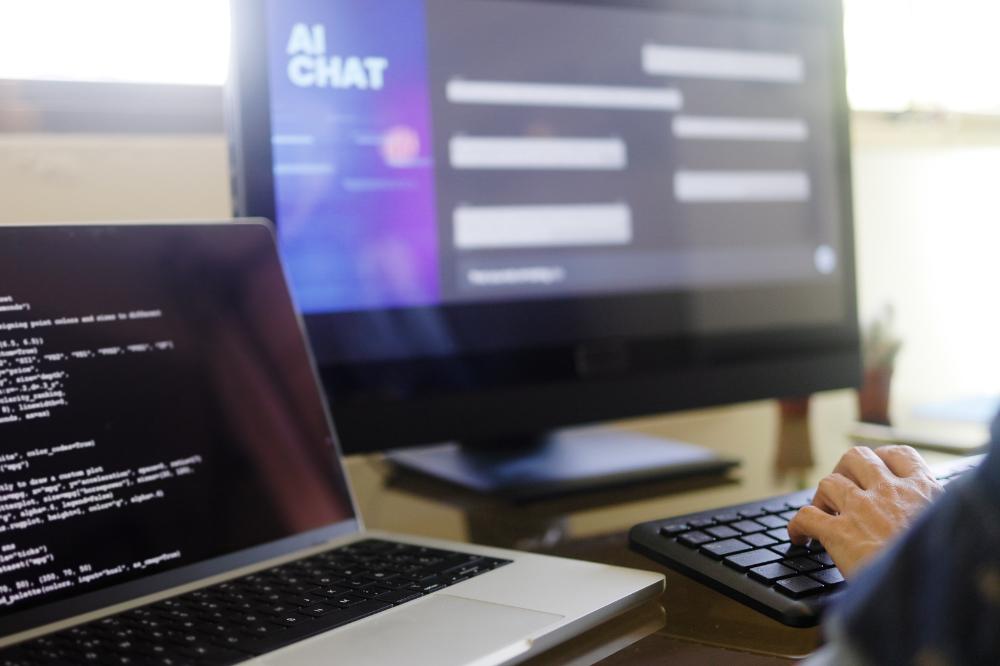
Researchers, policymakers and tech companies must ensure AI tools support, rather than replace, human learning, says a new report.
The study, by Monash University learning analytics researchers, outlines several key considerations including understanding how to use GenAI to enhance human learning while fostering skills for critical thinking and self-reflection in humans to effectively partner with GenAI.
The research comes weeks after the Federal Government released its report, ‘Study Buddy or Influencer’ in response to growing concerns over the impact of Generative AI on Australia’s education system.
In a statement, Lisa Chesters MP, Chair of the House of Representatives Standing Committee on Employment, Education, and Training, said Generative AI “presents exciting opportunities and yet high stakes risks for the Australian education system”, and outlined 25 recommendations for Australia’s schools to consider.
“A key focus of the recommendations is to integrate generative artificial intelligence into Australia’s national curriculum as a study buddy for all students to use,” she said. “These tools need to be fit-for-purpose, relevant to the Australian context, sensitive to gender and cultural considerations, and trained on data that is based on the national curriculum.”
The new Monash paper says cultivating AI literacy and adaptive skills is “imperative for facilitating informed engagement with GenAI technologies.”
“Rigorous research across learning contexts is essential to evaluate GenAI’s effect on human cognition, metacognition and creativity,” the paper states.
“Humanity must learn with and about GenAI, ensuring that it becomes a powerful ally in the pursuit of knowledge and innovation, rather than a crutch that undermines our intellectual abilities.”
‘AI could permeate every aspect of human learning’
In December 2023, Nina Schick, one of the first Generative AI experts and Founder of Tamang Ventures Limited, said the default in the digital age is going to be “a symbiotic relationship with machine and human working together.”
The senior author of the paper, Professor Dragan Gasevic, is director at The Centre for Learning Analytics (CoLAM) within Monash University’s Faculty of Information Technology.
He says powerful AI tools are set to become integral to society, transforming how we learn, work and live and GenAI technologies could permeate every aspect of human learning.
“Imagine students engaging in debates with digital twins of Socrates to explore ancient Greek philosophy, learning impressionist painting techniques from a humanoid robotic mentor modelled after Claude Monet, or visualising Einstein’s special theory of relativity in virtual realities,” he said.
“This kind of integration needs a dual approach to learning: educating ourselves both about and with GenAI. This can be achieved through careful development of education tools informed by rigorous research and supported by unified efforts from education institutions, technologists and government policies.”
Teachers needed support to adapt to GenAI landscape
The Monash study signalled that assessment processes should reward genuine knowledge and skill improvement over AI-generated illusions, that teachers needed support to adapt to the new GenAI landscape, and highlighted the need to promote human-AI interaction to maximise human learning while preventing over-reliance on GenAI.
Other recommendations included policymakers and tech companies ensuring accountability, develop appropriate ethical guidelines, and consider inclusivity when regulating and designing GenAI tools for education.
The report noted that while AI tools can enhance learning processes and abilities they still present ethical dilemmas of transparency, privacy and equality, and have already caused disruptions in assessment processes.
“We anticipate a shift in educators’ roles, with GenAI reducing the burden of knowledge dissemination, allowing teachers to focus on deeper connections with students as mentors and facilitators,” The study's first author and CoLAM Research Fellow Dr Lixiang Yan said.
“Educational institutions must invest in ongoing professional development and support systems to help teachers manage techno-stress and workload burdens from adopting these new technologies.”


